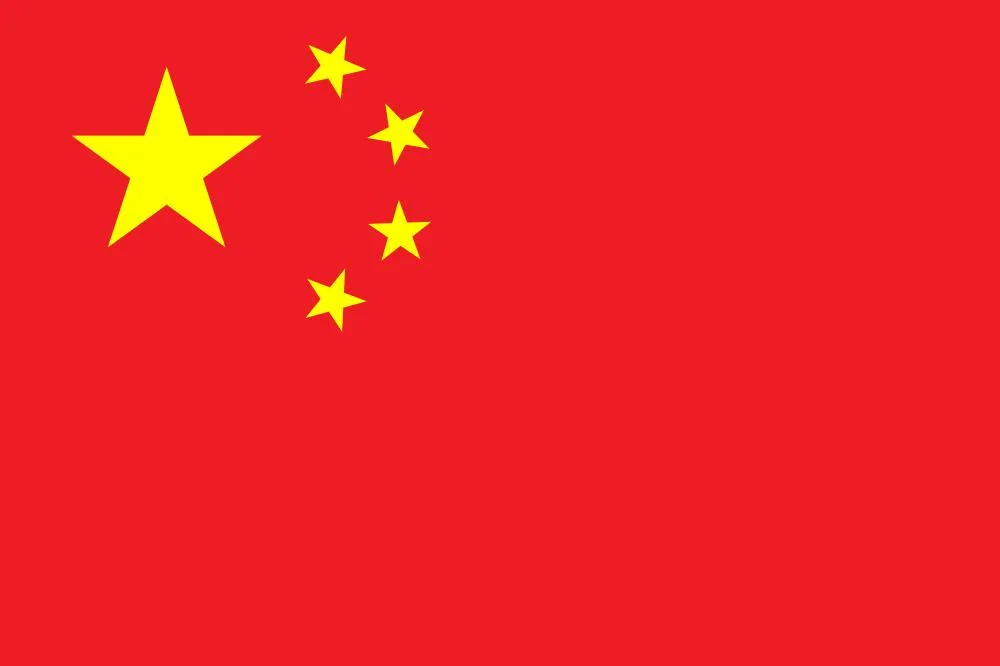In recent years, micro dramas—short-form videos, often lasting less than 30 minutes—have emerged as a dominant force in China’s entertainment landscape.
These online dramas have captivated millions of viewers, making them a cultural phenomenon that rivals traditional television programming.
However, in a significant regulatory shift, China has introduced new licensing requirements for the broadcast of these popular online videos.
The move, seen by many as part of the country’s broader tightening of censorship, threatens to stifle the genre’s rapid growth and may have far-reaching consequences for its $5 billion market.
Rise of micro dramas in China
Micro dramas, or “short dramas,” first gained traction in China in the early 2010s.
Unlike traditional television series, which typically air for an hour or more per episode, micro dramas are concise and designed for quick consumption.
The once-lively market, which boasted an estimated value of $5 billion in 2024, is now struggling to maintain its momentum as production companies face rising uncertainty and growing censorship.
They have found a particularly strong audience among younger generations who crave on-the-go content that fits into their fast-paced lifestyles.
The rise of platforms such as iQIYI, Tencent Video, and Bilibili, which specialise in streaming short-form content, provided a fertile ground for the growth of micro dramas.
These videos typically cover a wide range of genres, including romance, comedy, fantasy, and historical fiction, appealing to a broad demographic.
Due to their short duration, micro dramas have been able to explore diverse themes while remaining accessible and engaging.
Often, they are produced with relatively low budgets, which allows creators to produce content quickly and efficiently.
This has given rise to a vibrant, creative ecosystem of independent filmmakers, screenwriters, and actors eager to tap into the genre’s potential.
The genre’s popularity is also fueled by the increasing integration of e-commerce with entertainment. In many micro dramas, products are seamlessly integrated into the storyline, allowing viewers to purchase featured items with just a few taps.
This business model has proven to be highly lucrative, generating significant revenue through partnerships with brands and advertisements.
However, the growth of this multi-billion-dollar industry is now under threat due to the Chinese government’s increasing control over the content available on these platforms.
New licensing requirements
In late 2024, the Chinese government introduced new licensing requirements for the broadcast of micro dramas.
Under the new regulations, online streaming platforms must obtain a license before they can legally distribute these short-form videos.
The license will only be granted if the content meets the government’s strict guidelines, which include requirements on political correctness, cultural values, and morality.
This is in line with President Xi Jinping’s broader crackdown on what the Chinese Communist Party (CCP) deems undesirable content in the entertainment sector.
The licensing process is designed to curb the spread of content deemed “unsuitable” by the state, including material that is critical of the government, promotes unapproved ideologies, or deviates from state-approved narratives.
This could include depictions of LGBTQ+ relationships, controversial historical events, or even storylines that touch on sensitive topics like corruption or human rights abuses.
The guidelines also prohibit content that promotes excessive materialism, undermines traditional values, or portrays social inequality in a negative light.
The new regulations mark a significant escalation in China’s ongoing efforts to control the digital content landscape.
While the government has long maintained a strong grip on traditional media, including television and print journalism, the rise of online streaming platforms and the popularity of short-form content has posed new challenges.
As such, the Chinese authorities have ramped up efforts to impose tighter control over online platforms, with micro dramas now at the centre of this push.
Impact on the industry
The introduction of licensing requirements is already having a noticeable impact on the micro drama industry.
Creators and production companies now face a more stringent approval process for their projects, which could lead to delays, increased costs, and even the cancellation of certain projects that do not align with the government’s preferences.
The imposition of these new licensing requirements could disrupt this growth, leading to a decline in revenue and the potential loss of jobs within the industry.
The once-lively market, which boasted an estimated value of $5 billion in 2024, is now struggling to maintain its momentum as production companies face rising uncertainty and growing censorship.
The impact is particularly severe for independent creators, who have traditionally relied on micro dramas as a platform for innovation and self-expression.
With the new licensing requirements, many smaller production companies are finding it difficult to secure the necessary permits to release their content.
The government’s censorship restrictions limit the creative freedom of content creators, leading to concerns that the genre may become increasingly homogenised, with fewer innovative or bold projects making it to the screen.
For larger production companies, the licensing requirements add an extra layer of bureaucracy and cost.
While these companies may have the resources to navigate the approval process, smaller players are finding it difficult to keep up.
This could result in a consolidation of the industry, with a few dominant players controlling the majority of content production and distribution.
This could further stifle creativity and competition within the market, as well as reduce the variety of content available to viewers.
The impact of these new regulations extends beyond the entertainment industry.
Micro dramas have become an important part of Chinese culture, offering a platform for younger generations to engage with entertainment that reflects their values, experiences, and interests.
The censorship of this genre could lead to cultural stifling, as it restricts the ability of creators to explore new ideas and perspectives.
From an economic standpoint, the $5 billion micro drama market has contributed significantly to China’s digital economy.
The genre’s rise has spurred job creation, investment in new technologies, and the growth of online streaming platforms.
As the regulatory landscape becomes more restrictive, the future of micro dramas in China remains uncertain, with many questioning whether the genre can continue to thrive under such stringent controls.
The imposition of these new licensing requirements could disrupt this growth, leading to a decline in revenue and the potential loss of jobs within the industry.
Moreover, the increasing censorship of entertainment content in China is likely to have ripple effects beyond the country’s borders.
As Chinese tech companies expand globally, there is growing concern that similar censorship practices could be applied to content produced outside of China.
This has raised alarms in other markets, where the principles of free expression and creative freedom are typically upheld.
Future of micro dramas
Experts have expressed concern that these new regulations could spell the end of the micro drama boom in China.
They argued that the Chinese regime’s move to tighten control over the industry will stifle innovation and prevent new voices from emerging.
On the other hand, some analysts argue that the Chinese government’s efforts to regulate micro dramas are in line with broader trends in the entertainment industry worldwide.
The Chinese government’s new licensing requirements for micro dramas represent a significant shift in the country’s approach to digital content regulation.
While the move is ostensibly aimed at controlling the spread of undesirable content, it threatens to undermine the dynamic and rapidly growing micro drama market, valued at $5 billion.
The tightening of censorship may stifle creativity, reduce the diversity of available content, and put the livelihoods of countless creators at risk.
As the regulatory landscape becomes more restrictive, the future of micro dramas in China remains uncertain, with many questioning whether the genre can continue to thrive under such stringent controls.









Comment